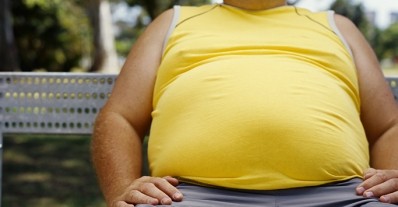Healthy burgers could be on the menu: Study

A significant 77% of study participants aged 18 to 55 showed some interest in and awareness of the healthy attributes of burgers and 34% were interested in products that would help them lose weight.
“The ‘healthiness’ category showed the highest frequency of mention. The traditional burger had virtually no associations in this category, as expected. However, it was found that healthiness was important to the consumers, having positive associations,” the report said.
However ‘healthy’ was not associated with good flavour and the majority of consumers considered the traditional burger as having the most favourable taste attributes.
Different associations
Researchers noted distinct individual associations for different types of burger (like ‘delicious’, ‘functional’ and ‘more expensive’) which could be exploited when marketing products to consumers.
“Consumers with different attitudes towards health might have different perceptions of these meat products, which could be further explored,” they said.
Good flavour and quality/flavour apprehension featured highly among key associations followed by fat and calories. Reduced sodium burgers were mainly associated with hypertension and ‘pressure’ and burgers with antioxidants as ‘attractive and interesting’.
From a sensory point of view consumers were mainly influenced byappearance, tenderness, flavour and juiciness.
“Projective techniques, like word associations, can provide an understanding of consumers’ thoughts and feelings. This approach reveals the deep values and needs of individuals,” explained the authors.
“Our observations support the opportunity to develop meat products with these attributes for the market. The information contained on packages should be displayed in such a way to contribute to healthier choices.”
Study overview
The fifty-six participants were recruited from the university community of 18 to 55 year olds and were only allowed to take part if they had eaten frozen food for home consumption in the previous three months or eaten any type of burger within that timescale.
They were asked to rate the perceived healthy attributes of four different frozen burgers from a set of cards - a traditional burger, ones with reduced-sodium and reduced fat, and a burger containing antioxidants.
Participants completed a questionnaire to evaluate their perceptions of the burgers from a list of statements and to think of four words they associated with each image.
The majority (80.4%) were aged 18-25 and 78.6% were female. Most participants (60.7%) had not completed higher education, 33.7% had completed higher education and for 5.4% finished their education at high school level.

























